Editorial: Gordon Brown challenged Conservative ideas to fix the economy. His successors unfortunately will not
Research and publish the best content.
Get Started for FREE
Sign up with Facebook Sign up with X
I don't have a Facebook or a X account
Already have an account: Login

A collection of articles that deal with the methodology of Economics and related disciplines
Curated by
Graham Watson
 Your new post is loading... Your new post is loading...
 Your new post is loading... Your new post is loading...
|
|





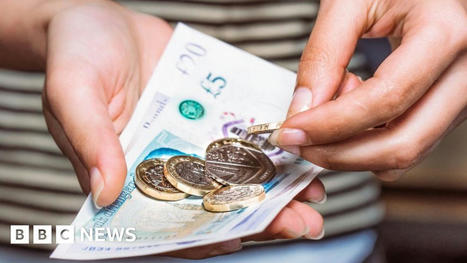


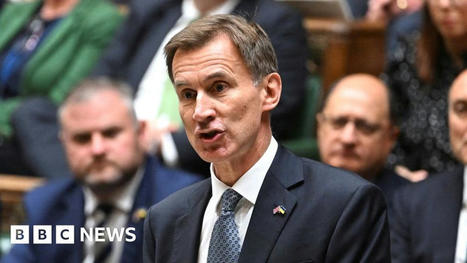

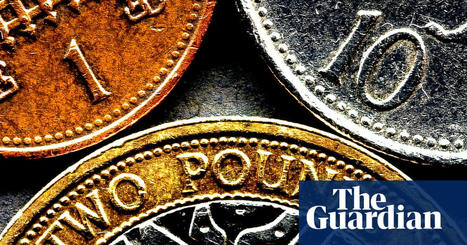



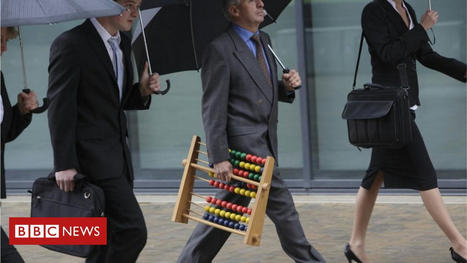


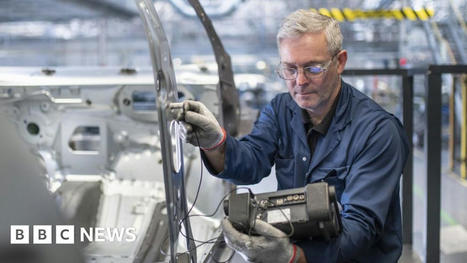


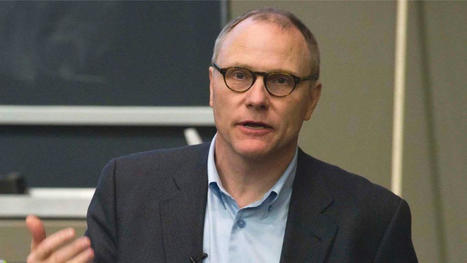



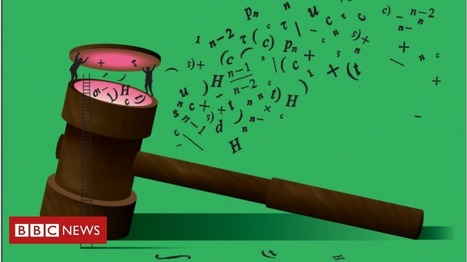





An interesting Guardian opinion piece that argues that whereas in 2010, Gordon Brown had a genuine alternative vision to the economic policies being peddled by the Conservative Party, the current Labour Opposition doesn't.
It highlights the notion of post-neoclassical endogenous growth theory and one of the current fads - modern monetary theory - and suggests that both offer alternatives. But do they?